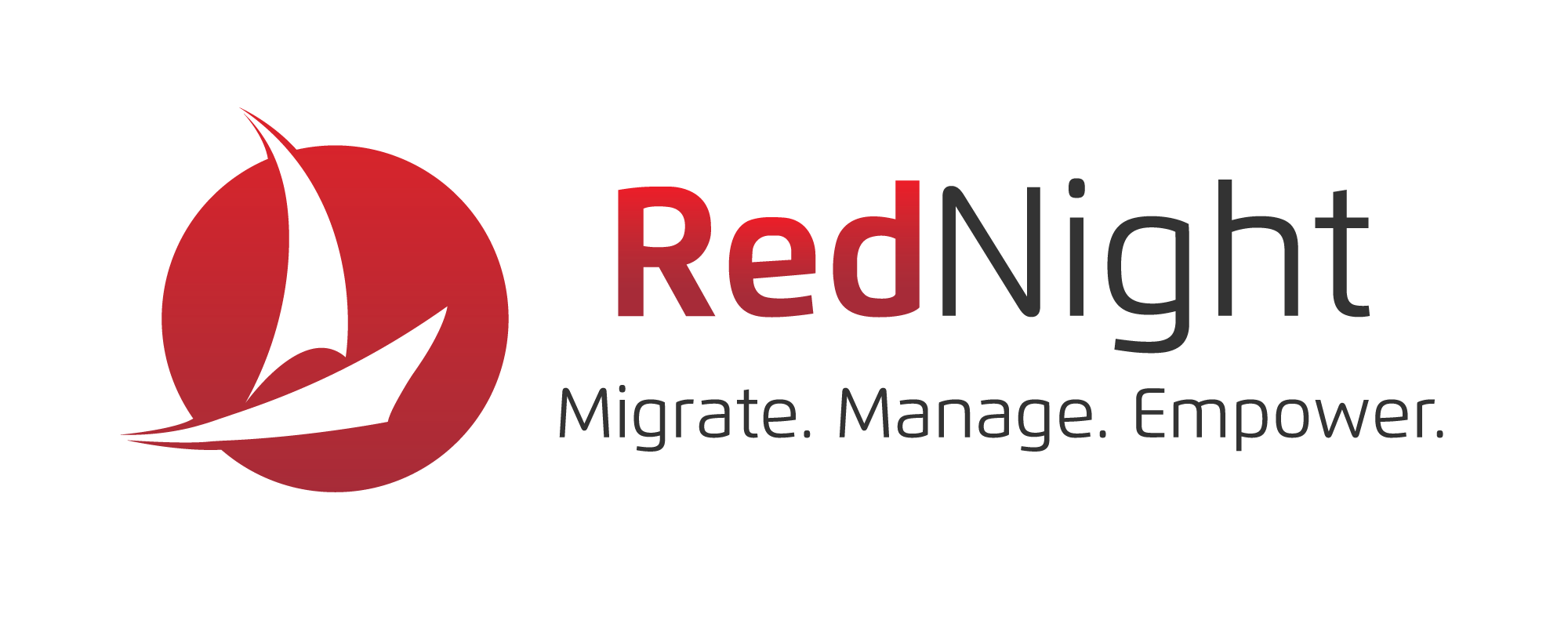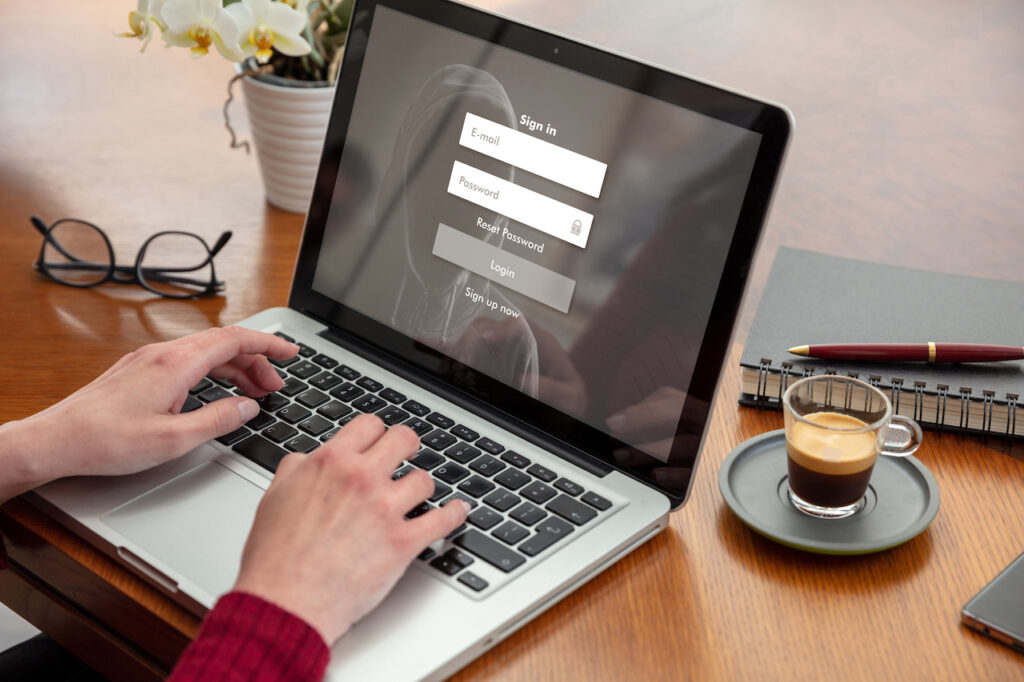Small and medium businesses are a major target for cybercrime because they often have weaker security protocols in place. On average, a small business with less than 100 employees will experience 350% more attacks than an employee of a larger business.
Email is one area that attackers find easier to hit because it’s relatively easy for cybercriminals to spoof sender addresses and deliver malicious emails. This means that email security measures and training should be a top priority for SMBs.
To protect your business, it’s important to implement strong email security measures. Here are some of the best practices to follow:
1. Use a Secure Email Service
A secure email service is a service that helps protect your email communication from being intercepted or compromised. These services use a variety of different security measures to help keep your email safe, including encryption and authentication.
2. Enable Two-Factor Authentication
Two-factor authentication is important for the security of emails and will help protect your email account from hackers. With two-factor authentication enabled, it can prevent 99.9% of attacks. Even if someone manages to obtain your password, they will not be able to access your account unless they also have access to your phone or another device that is set up with two-factor authentication.
3. Use a Strong Password
A strong password is one of the most important email security best practices. Your password should be at least 8 characters long and should include a mix of uppercase and lowercase letters, numbers, and symbols. For example, a 12-character password with one uppercase letter, one number, and one symbol could take 34,000 years to crack.
Also, avoid using easily guessed words like your name or address, and never use the same password for multiple accounts.
4. Keep Your Software Up-to-Date
Keeping your software up to date is important for the security of your emails as well as overall computer security. Cybercriminals often exploit vulnerabilities in outdated software to gain access to computers and email accounts. By keeping your software up-to-date, you can help protect yourself from these types of attacks.
5. Be Cautious with Attachments
Email attachments can sometimes be dangerous, as they may contain malware or viruses. Be wary of these five types of email attachments:
- ISO files
- EXE files
- Compressed files
- Installers
- Office documents
If you receive an attachment from someone you don’t know, or if the attachment seems suspicious, it’s best to delete it without opening it.
6. Don’t Click on Links in Email
Links in email are often used by cyber criminals to try and infect your computer with malware or viruses. If you receive an email with a link, even if it looks legitimate, do not click on it. Instead, hover your mouse over the link to see where it will take you before deciding whether or not to click on it.
7. Be Careful with Public Wi-Fi
Public Wi-Fi is often unsecured and can be dangerous to use for email or other sensitive tasks. Cybercriminals can easily gain access to your email account and personal information. If you need to use public Wi-Fi, be sure to use a VPN to help protect your data.
8. Hold Email Security Trainings with Your Employees
One of the best ways to help protect your business from email-based attacks is to educate your employees. Hold regular training, on email security best practices and make sure your employees are aware of the dangers of clicking on links, opening attachments, and using public Wi-Fi.
Partner with RedNight Consulting for Top Email Security
RedNight Consulting is a leading provider of network security solutions. We work with SMBs with 10+ users and can help protect your business from email-based attacks. Contact us today to learn more about our services and how we can help you keep your email communication protected.


